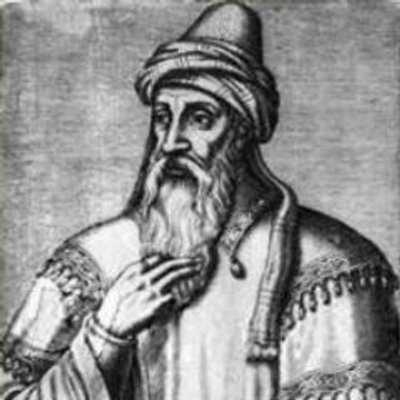Majd ad-Dīn Usāma ibn Murshid ibn ʿAlī ibn Munqidh al-Kināni al-Kalbi (also Usamah, Ousama, etc.; Arabic: أسامة بن منقذ) (July 4, 1095 – November 17, 1188) was a medieval Muslim poet, author, faris (knight), and diplomat from the Banu Munqidh dynasty of Shaizar in northern Syria. His life coincided with the rise of several medieval Muslim dynasties, the arrival of the First Crusade, and the establishment of the crusader states. He was the nephew and potential successor of the emir of Shaizar, but was exiled in 1131 and spent the rest of his life serving other leaders. He was a courtier to the Burids, Zengids, and Ayyubids in Damascus, serving Zengi, Nur ad-Din, and Saladin over a period of almost fifty years. He also served the Fatimid court in Cairo, as well as the Artuqids in Hisn Kayfa. He travelled extensively in Arab lands, visiting Egypt, Syria, Palestine and along the Tigris River, and went on pilgrimage to Mecca. He often meddled in the politics of the courts in which he served, and he was exiled from both Damascus and Cairo. During and immediately after his life, he was most famous as a poet and adib (a "man of letters"). He wrote many poetry anthologies, such as the Kitab al-'Asa ("Book of the Staff"), Lubab al-Adab ("Kernels of Refinement"), and al-Manazil wa'l-Diyar ("Dwellings and Abodes"), and collections of his own original poetry. In modern times, he is remembered more for his Kitab al-I'tibar ("Book of Learning by Example" or "Book of Contemplation"), which contains lengthy descriptions of the crusaders, whom he interacted with on many occasions, and some of whom he considered friends. Most of his family was killed in an earthquake at Shaizar in 1157. He died in Damascus in 1188, at the age of 93. Works Around 1171 in Hisn Kayfa, Usama wrote the Kitab al-'Asa ("Book of the Staff"), a poetry anthology about famous walking sticks and other staffs, and al-Manazil wa'l-Diyar ("Dwellings and Abodes"). In Damascus in the early 1180s he wrote another anthology, the Lubab al-Adab ("Kernels of Refinement"), instructions on living a properly cultured life. He is most famous for the Kitab al-I'tibar (translated various ways, most recently as the Book of Contemplation), which was written as a gift to Saladin around 1183. It is not exactly a "memoir", as Philip Hitti translated the title, although it does include many autobiographical details that are incidental to the main point. It was meant to be "a book of examples ('ibar) from which to draw lessons." In 1880, Hartwig Derenbourg was the first to discover the Kitab al-I'tibar, which survived in only one manuscript, in the possession of the Escorial Monastery near Madrid. Derenbourg was also the first to produce an Arabic edition (1886), a biography of Usama (1889), and a French translation (1895). In 1930, Hitti produced an improved Arabic edition, and an English translation. Qasim as-Samarrai produced another Arabic edition in 1987.Usama wrote in "Middle Arabic", a less formal style of classical Arabic.
NaN
